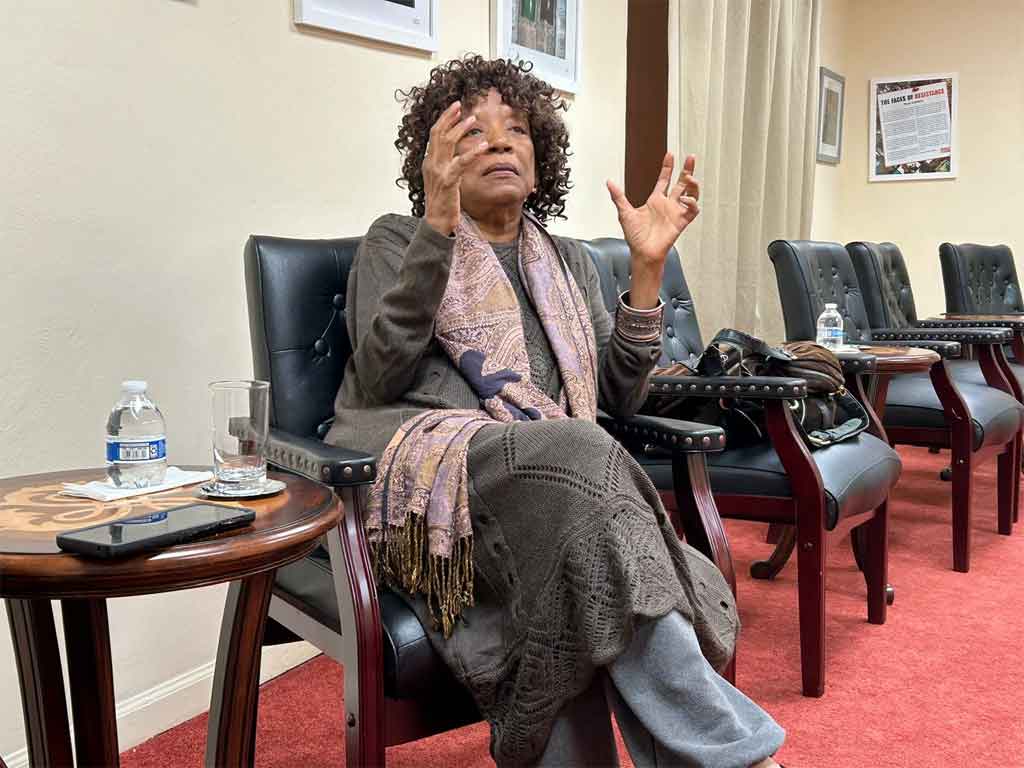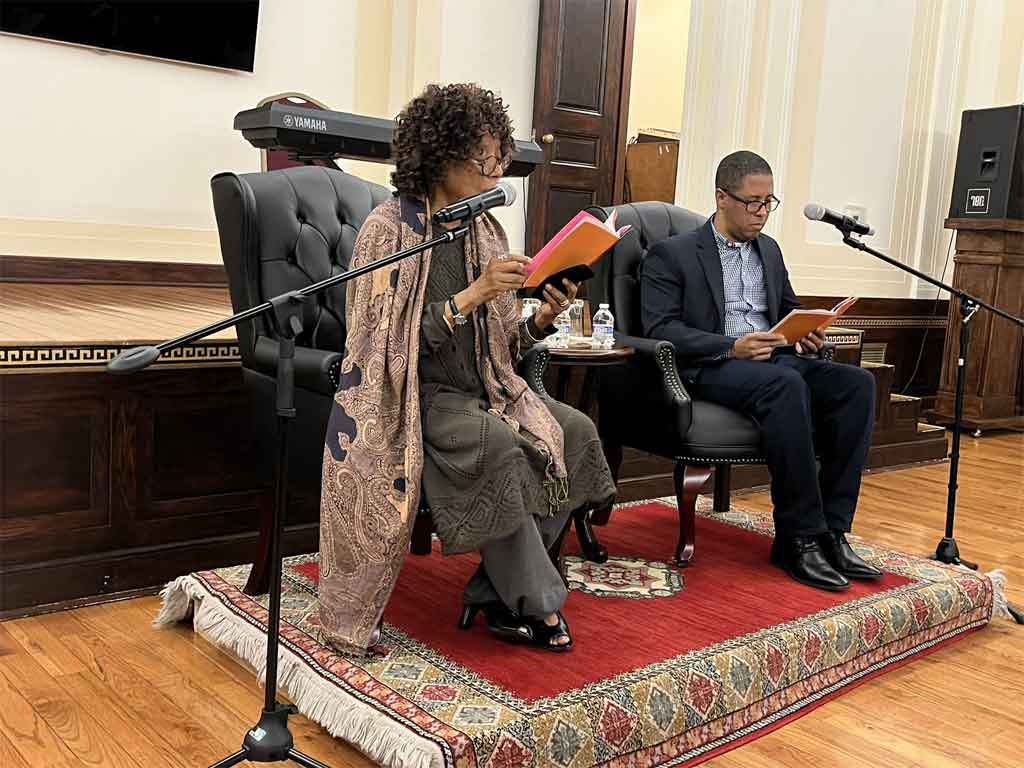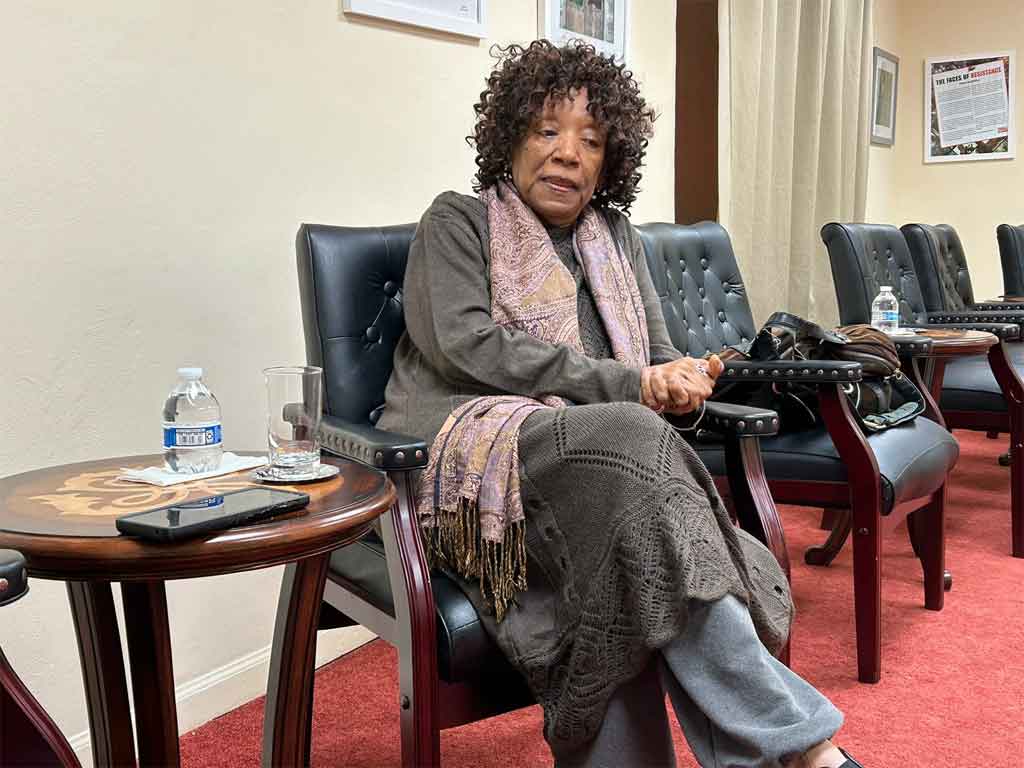In statements to Prensa Latina, the essayist also recalled the historic links in the artistic work between the two countries despite the blockade.
From Jose Marti, Ernest Hemingway, the longtime friendship between Nicolas Guillen and US poet Langston Hughes to the edition of American Stories, compiled by Jose Rodriguez Feo in the late 1960s, both countries share a valuable literary history.

Translations, compilations of texts or academic courses between both shores confirm a solid link in the world of literature that, according to the Cuban author, extends to the present day.
Morejón herself is an example the publication in the United States of her anthology “Donde duermen la isla como un ala,” in 1985, and her recent visit to several US cities, including New York.
“I think that in those ties there are many things to maintain and to continue as long as are alive,” she said in this regard.
As part of her agenda in this city, Morejon held meetings and read her poems with young local artists, Cuban residents and representatives of the Cuban Embassy at the United Nations.
She also spoke with members of the Group of Friends of Spanish at the UN and visited the Center for Cuban Studies in Brooklyn, a cultural initiative led by Sandra Levinson.

Before her return to Cuba, the 2001 National Literature Award winner plans cultural meetings at the Malcolm X Center and the National Jazz Museum in Harlem.
Born in Havana in 1944, Nancy Morejón is considered one of the most relevant voices of Cuban poetry with an important work dedicated to the so-called black poetry, the study of Nicolás Guillén’s work and Caribbean literature.
jg/arm/mem/eb









